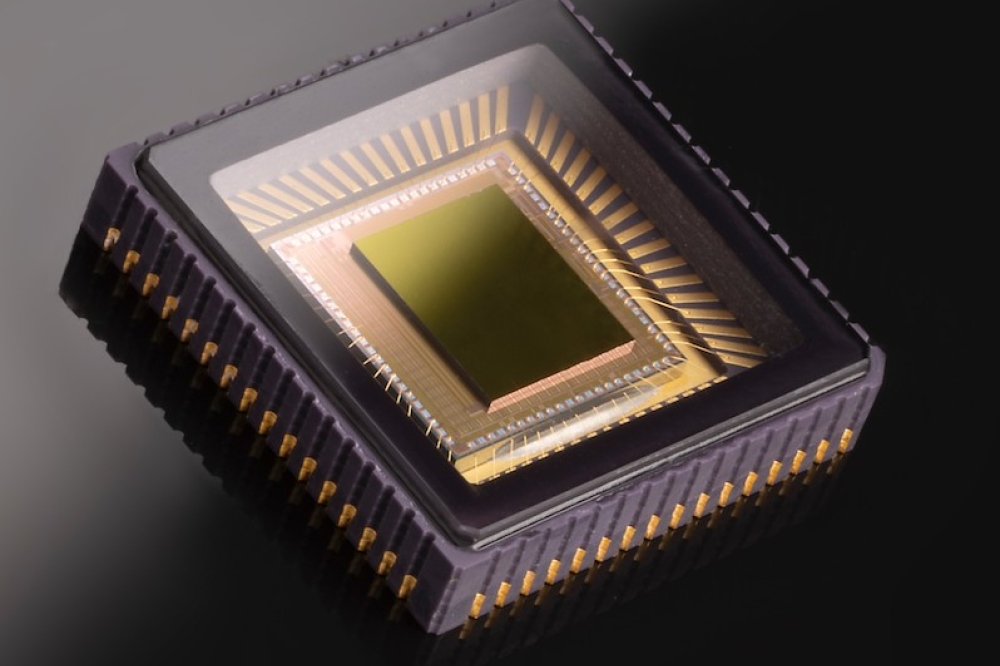EPC Qualifies FET for use in car lidars

Expands AEC Q101 range with 15V GaN transistor optimised for time-of-flight (TOF) applications
EPC has announced successful AEC Q101 qualification of its 15V eGaN FET EPC2216, which is designed for lidar applications where increased accuracy is vital such as in self-driving cars and other time-of-flight (TOF) applications including facial recognition, warehouse automation, drones and mapping.
The EPC2216, an 15 V, 26 mΩ, eGaN FET with a 28 A pulsed current rating in a tiny 1.02 mm2 footprint, is perfectly suited to use for firing the lasers in lidar systems because the FET can be triggered to create high-current with extremely short pulse widths. The short pulse width leads to higher resolution, and the tiny size and low cost, make eGaN FETs ideal for time-of-flight applications from automotive to industrial, healthcare to smart advertising, gaming and security.
To complete AEC Q101 testing, EPC’s eGaN FETs underwent rigorous environmental and bias-stress testing, including humidity testing with bias (H3TRB), high temperature reverse bias (HTRB), high temperature gate bias (HTGB), temperature cycling (TC), as well as several other tests. Of note is that EPC’s WLCS packaging passed all the same testing standards created for conventional packaged parts, demonstrating that the superior performance of chip-scale packaging does not compromise ruggedness or reliability. These eGaN devices are produced in facilities certified to the Automotive Quality Management System Standard IATF 16949.
EPC’s CEO and co-founder Alex Lidow notes: “This new automotive product joins a rapidly expanding family of EPC transistors and integrated circuits designed to enable autonomous driving and improve resolution are reduce cost in all time-of-flight applications.”


































